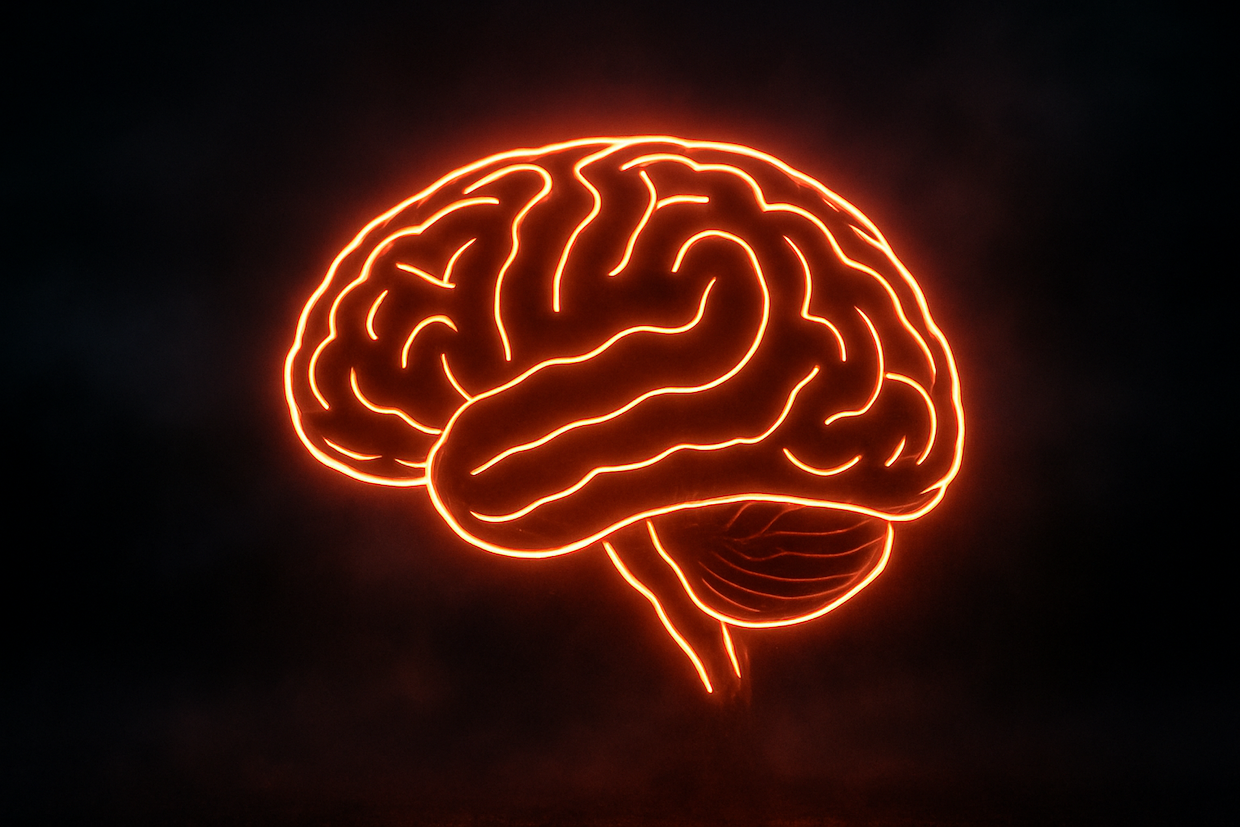
"Caffeine can make the sleeping brain more active and less restful, particularly in young adults, according to a study from the University of Montreal."
"The study analyzed the effects of a 200-milligram dose of caffeine on the overnight brain activity of 40 healthy adults, using EEG and machine learning."
"Caffeine increases the complexity of brain signals, which may push the brain towards a state of "criticality" that interferes with nighttime recovery."
"During caffeine-use nights, brain signals became variable and less predictable during non-REM sleep, reducing deep sleep-associated brainwaves and increasing wakefulness-linked beta waves."
Researchers from the University of Montreal conducted a study analyzing the effects of a 200-milligram dose of caffeine on overnight brain activity in 40 healthy adults. Using electroencephalography (EEG) and machine learning, they found that caffeine increases the complexity of brain signals, shifting the brain towards criticality, which can hinder restful sleep. Results showed that caffeine-led nights resulted in more unpredictable brain signals during non-REM sleep, enhancing wakefulness-associated beta waves while diminishing deeper sleep brainwaves. Changes were most pronounced in younger participants compared to middle-aged adults.
Read at Daily Coffee News by Roast Magazine
Unable to calculate read time
Collection
[
|
...
]